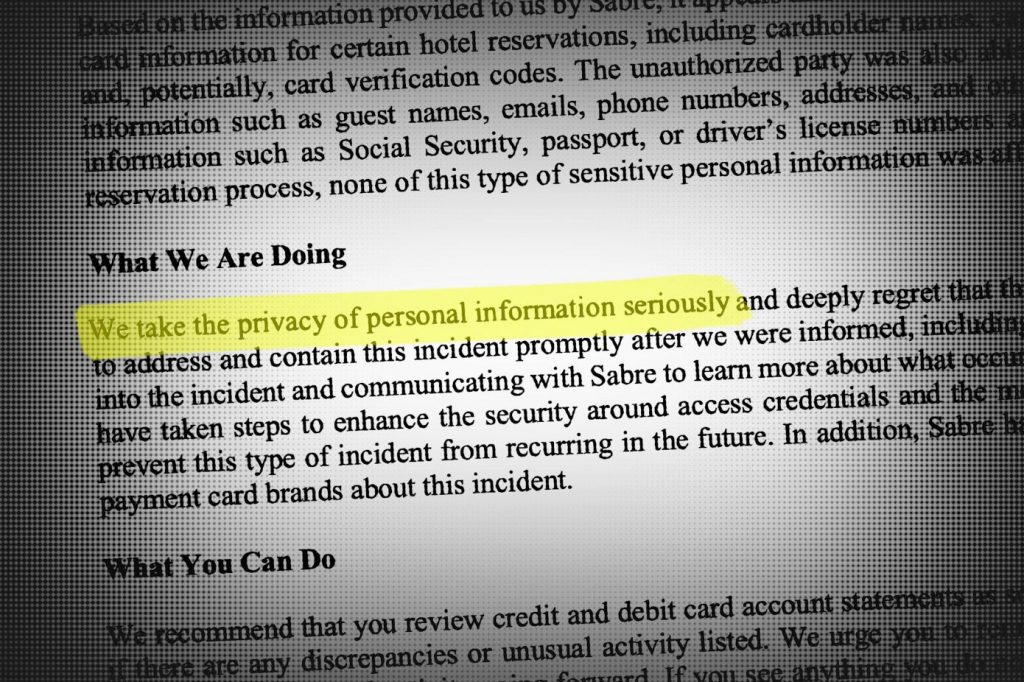Getting a business off the ground and turning a profit is difficult, and that first year of trading can be fraught with challenges. Make sure you’re avoiding the pitfalls below to give yourself the best chance of success.
Not investing in a decent website

55 Pre-Launch Tips For Your Startup
One thing that every business needs this day in age is a good website. Even if you don’t sell anything through your site, you need to be present online and have your information available. Imagine you’re a local cafe for example, you might not sell your goods directly through your site, but people looking for cafes in your area will look online and if yours doesnt show, you’re always going to lose out to your competitors. If you do sell goods or services through your site then it goes without saying that this needs to be working correctly. There are lots of options for setting up your own site these days using website builders, but they’re almost always going to limit you and stand out as being a little amateur to anyone whos in the know. Spend the money here and hire a web designer to create you something bespoke and beautiful. It won’t be cheap but it will prevent you from losing or putting off customers. Make sure all of your information is on there, from an ‘about’ page to contact details, a blog (if you have one), a gallery and social media information amongst other things.
Overlooking the importance of social media
Speaking of social media, this is something that lots of new businesses can either overlook or get wrong completely. It’s easy to see social sites as a way to sell your products or services, but actually the hard sell here will put people off. Research shows that social media sites arent people’s preferred buying platforms, and that they’re much better used to connect with an audience. You can create brand awareness and generate a bit of buzz around your company on social media- share photos and reviews, run giveaways and chat to your customers and potential customers so they feel connected to your brand. This can all help people feel comfortable with taking the plunge and shopping with you for the first time.
Not taking security seriously

Stop saying, ‘We take your privacy and security seriously’
Security, both online and on your premises is so important. Not only can criminals steal goods and money, but they can also steal customer data which can then be used to commit crime. If this happens it can massively destroy the reputation of your business. Instead of backing up data to computers or hard drives (which can be physically stolen), get your business into the modern day by utilising cloud based storage. Online, use good firewalls and strong passwords, check out Borgata online privacy information to find out more. On your premises, consider having lockable shutters installed over windows and doors, and have CCTV and a burglar alarm fitted to keep the bad guys out.
Assuming your premises isn’t important
As a new business you probably won’t be able to afford that swanky office with a skyline view or a prime position shop on the highstreet. However, you should make the best of what you can afford. Consider the decor and the layout, make sure your premises are clean and orderly so that it makes a good impression to customers and clients coming in. It will also mean your employees have a pleasant place to work from which can boost morale and productivity. Don’t just assume that your premises aren’t important, it’s an area of your business not to overlook.
Not getting properly insured
The important insurance policies small business owners are overlooking
No matter how careful you are in business, things can (and often do) go wrong. And when they do, you want to make sure you’re covered, as if legal action is taken against you your business could be over before its even begun. Something as simple as a customer slipping on snow outside your shop could be deemed your fault, so with the right insurance you can be sure you’re covered against any potential issues. Don’t just buy the cheapest policies you can find, read the small print and ensure you know exactly what is and isn’t covered. If you ever need to rely on it, you’ll be so glad you went to the effort of getting covered.